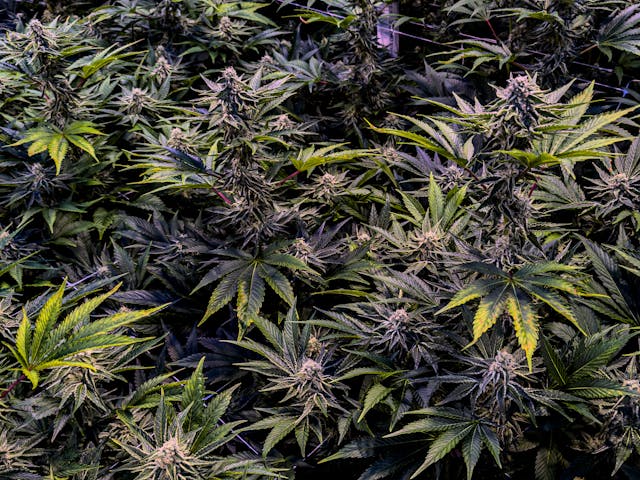Sustainable Practices in Cannabis Farming

Cannabis farming has seen exponential growth due to increasing legalization and demand for both medicinal and recreational purposes. However, this growth brings environmental concerns, such as high water usage, energy consumption, and chemical pollution. Implementing sustainable practices in cannabis farming can mitigate these impacts while ensuring long-term profitability and environmental stewardship.
Water Management
Water is a critical resource in cannabis cultivation, and sustainable practices focus on conservation and efficiency. Drip irrigation systems deliver water directly to the plant roots, minimizing waste. Rainwater harvesting allows farmers to collect and store rainwater for irrigation purposes. Recycling water by treating runoff for contaminants before reapplication helps reduce water waste. Soil moisture sensors can monitor water levels to avoid overwatering.
Soil Health
Healthy soil supports robust plant growth and reduces the need for chemical fertilizers. Composting incorporates organic compost to enrich the soil with nutrients. Cover crops prevent soil erosion and improve fertility. No-till farming preserves soil structure and microbial health by avoiding tilling, while crop rotation prevents soil depletion and pest buildup by alternating crops.
Energy Efficiency
Cannabis cultivation, particularly indoor growing, can consume substantial energy. Sustainable approaches include replacing high-intensity discharge (HID) lights with energy-efficient LED lighting. Solar power installations reduce reliance on non-renewable energy sources. Energy management systems optimize power usage through automated controls, and greenhouses utilize natural sunlight to decrease electricity needs.
Pest and Disease Control
Reducing reliance on chemical pesticides supports biodiversity and prevents contamination. Integrated Pest Management (IPM) combines biological, physical, and cultural pest control methods. Introducing beneficial insects helps manage pests naturally. Companion planting involves growing plants that repel pests or attract beneficial insects. Organic pesticides, such as natural oils and plant extracts, serve as safer alternatives.
Waste Management
Effective waste management prevents pollution and supports resource recovery. Composting organic waste recycling plant waste to create compost for soil enrichment. Recycling programs ensure responsible disposal of packaging materials. Biosolid use transforms organic waste into nutrient-rich fertilizers.
Certification and Compliance
To demonstrate commitment to sustainability, farmers can obtain certifications such as Organic Certification, which ensures adherence to organic farming standards. Clean Green Certification, specific to cannabis, promotes sustainable and eco-friendly practices. Good Agricultural Practices (GAP) focuses on food safety and environmental sustainability. Sustainable Practices in Cannabis Farming not only help protect the environment but also enhance consumer confidence in product safety and quality.
Conclusion
Sustainable practices in cannabis farming are essential for protecting natural resources, ensuring product quality, and maintaining profitability. By adopting water conservation techniques, improving soil health, utilizing renewable energy, and minimizing waste, cannabis farmers can lead the way toward a greener and more sustainable industry.
โพสตอบ
* ต้องล็อกอินก่อนครับ ถึงสามารถเโพสตอบได้
